Hello this is Simon,
Sorry for the delay between blogs. This time I went back and looked at some pairs of words that are commonly mistaken again.
Below is a short piece, which contains nine common errors in which an incorrect word was used. It is one of a pair of words that have similar meanings, so people often use the wrong one. How many mistakes do you think can you spot?
Where I live in Aichi, we seem to be lucky in that typhoons seldom hit us directly, but the one of the typhoons that came through in September had me worried. During watching the news one night, I was thinking, “This one looks like it can hit us directly!” so I watched the course of the typhoon carefully over a few days, but finally that didn’t hit us. I was so relieved.
Typhoons are quite scary. Especially, ones that have a pressure of 950 or less. Every year, I think I need to make my house typhoon-proof, but it needs a lot of preparation. I try to remind myself of this every year, but soon forget once the typhoon season has passed.
I think we have just one more thing to get through this year, and that is COVID-19 and the flu season. My wife and I are quite worried about this double-punch so we decided to take a flu vaccination. It is recommended that we have it done until the end of October. However, when we checked, it seemed that the clinics are all booked through October. I hope we don’t miss the boat.
“During watching the news” – (during vs while)
“During” and “while” both used to indicate things that are happening at the same time. However, “during” is a preposition and is usually followed by a noun or pronoun (e.g. It is rude to look at your phone during lunch.) whereas “while” is a conjunction, so is followed by a subject and verb (e.g. while you eat lunch), a verb (while eating lunch) or a preposition (while at lunch). It is often used to talk about two things happening at the same time, in which one is happening in the background (e.g. I got an important call while watching the game./I got an important call during the game.)
“This one looks like it can hit us directly” – (can vs could)
We use “could” to show that something is possible, but not certain to happen (e.g. She could come by train. = Maybe she will come by train./He could be at home. = Maybe he is at home.) Whereas we use “can” to make general statements about what is possible (It can be very cold here in winter. = It is sometimes very cold here in winter.)
“but finally that didn’t hit us” – (finally vs in the end)
“Finally” and “in the end” both mean “after a long period of time”, however they are slightly different. “Finally” refers to an action/event that someone has been waiting for for a long time (e.g. After many attempts, I finally passed the test.) “In the end” refers to a conclusion after a long process (e.g. In the end, I realized he was right: long process = thinking about he said.)
“that didn’t hit us” – (it vs that)
The pronoun “it” is usually used to continue talking the topic of conversation. It refers directly to the topic (e.g. Global warming is becoming more and more serious. We need do something about it urgently.) The pronoun “that” is used more when we want to highlight or emphasize something that we previously said. For example:
(Now, THAT was the one thing I didn’t want you to say!)
“Especially, ones that have a pressure of 950 or less.” – (especially vs in particular)
“Especially” isn’t usually used at the beginning of a sentence unless there is a supporting clause after it (e.g. Especially during the times of the Depression, people looked to religion for help.) “In particular” on the other hand can be used at the beginning of a sentence (e.g. I like many kids of food. In particular, I like ice cream)
“it needs a lot of preparation” – (need vs require)
“Need” and “require” have very similar meanings and are interchangeable in a lot of cases. However “need” usually implies a basic necessity or that something is essential in order to function or survive (e.g. Plants need sun and water to survive. / I need to get some documents for my passport application.) An illness can’t need an ambulance, because it isn’t necessary for it to function or survive. In that case we use “require”.
“I try to remind myself of this every year” – (remind vs remind about)
“Remind of” and “remind about” have slightly different meanings. To remind someone “of” something means to make them remember someone or something from their past. For example, “She reminds me of my old teacher.” (Something about her is similar to, and makes me remember my old school teacher.) To remind someone “about” something means to make them remember something that they have to do. For example, “She reminded me about my doctor’s appointment today.” (She made me remember that I have a doctor’s appointment today.)
“we decided to take a flu vaccination.” – (get vs take)
The verbs “get” and “take” are often mistaken. “Get” is passive sounding, and means to come into possession of, to acquire or receive something. “Take” is active sounding, and also means to acquire, but it implies doing something to get that particular thing. We “get”: treatment, medical care, a haircut, a pay raise, a cold etc. We “take” an exam, a driving test, a chance, a risk etc.
“we have it done until the end of October” – (by vs until)
We use “by” to talk about a kind of deadline in which something will happen before that time. (e.g. I’ll be back by 7 o’clock./ I have to get this assignment in by tomorrow. The rainy season will hopefully be finished by the end of this week.)
We use “until” to talk about something that will continue up to a certain time (e.g. My father will stay with us until the weekend./It rained until this morning.)
Here is the corrected version:
Where I live in Aichi, we seem to be lucky in that typhoons seldom hit us directly, but the one of the typhoons that came through in September had me worried. While watching the news one night, I was thinking, “This one looks like it could hit us directly!”, so I watched the course of the typhoon carefully over a few days, but in the end, it didn’t hit us. I was so relieved.
Typhoons are quite scary. In particular, ones that have a pressure of 950 or less. Every year, I think I need to make my house typhoon-proof, but it requires a lot of preparation. I try to remind myself about this every year, but soon forget once the typhoon season has passed.
I think we have just one more thing to get through this year, and that is COVID-19 and the flu season. My wife and I are quite worried about this double-punch so we decided to get a flu vaccination. It is recommended that we have it done by the end of October. However, when we checked, it seemed that the clinics are all booked through October. I hope we don’t miss the boat.
I hope this is useful.
See you next month! Stay safe and take care!

Hello! My name is Simon.
I am from New Zealand, and have been living and teaching English in Japan since 1999.
My hobbies include movies, playing the guitar, gardening and hiking.
※このブログでは英語学習に役立つ情報アドバイスを提供していますが、本ブログで提供された情報及びアドバイスによって起きた問題に関しては一切、当方やライターに責任や義務は発生しません。
※ここでの情報や助言を参考に英文を書いたり下した判断は、すべて読者の責任において行ってください。ここに掲載されている記事内の主張等は、個人の見解であり当社の意見を代弁・代表するものではありません。
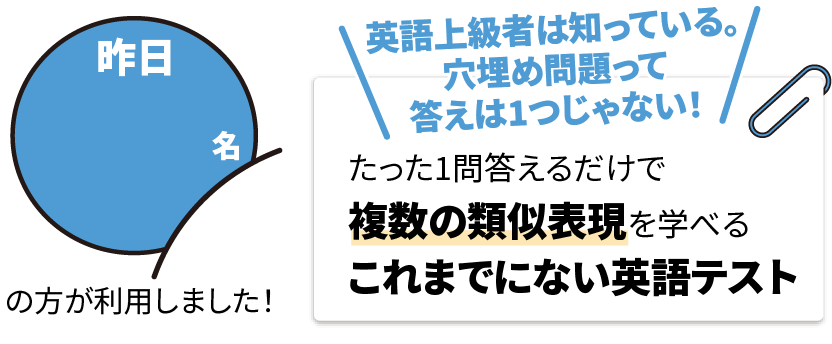




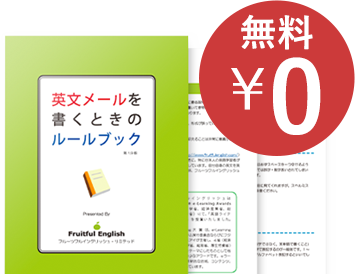
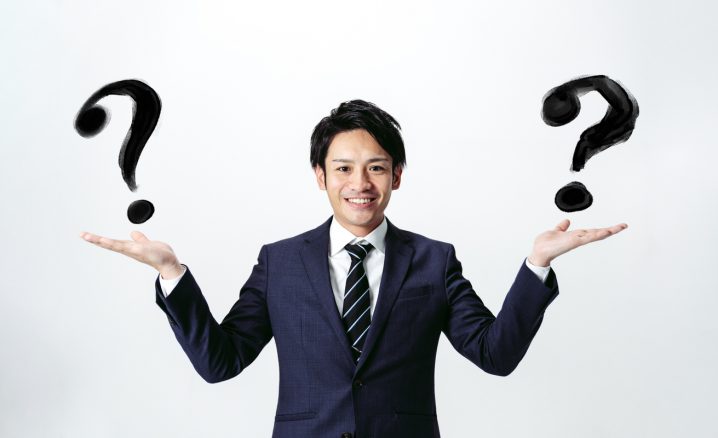

 (6 イイネ!が押されています)
(6 イイネ!が押されています)






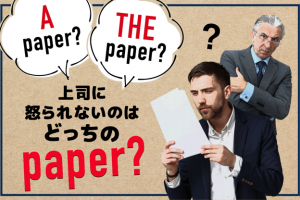




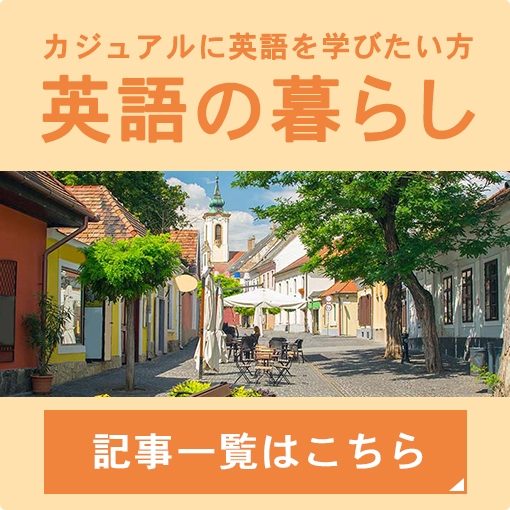

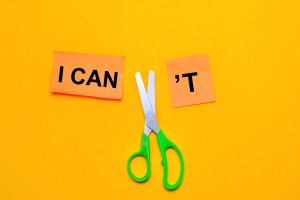














コメントする